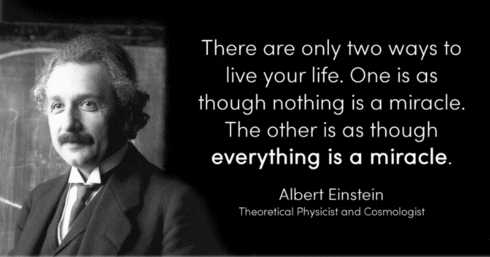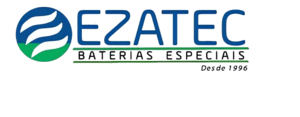Hybrid DC/DC Converter for Electric Vehicle (EV) On-Board Charger
(OBC) Using Full-Bridge (FB) and Resonant Converter with Single
Transformer
Najam ul hassan
Department of Electrical Engineering
Graduate School, Myongji University
Advisor Professor Lee Jun-young
ABSTRACT
In this document a highly efficient hybrid DC/DC converter is proposed. Its design procedure,
analysis and experimental results are presented by testing of the implemented prototype and. whole
document is arranged into six chapters. Electrical vehicle battery chargers background, power
level, different charging methods and purpose of the document is presented in chapter 1. High
power DC/DC converter topologies suggested recently, and its benefits and drawbacks are briefly
discussed in chapter 2. Proposed converter diagram, operational analysis and comparison of
proposed converter with other DC/DC converter topologies are presented in chapter 3. Chapter 4
is about design procedure. Based on the design procedure suggested in chapter 4, prototype design
and simulation results are given in chapter 5 and experimental results are given in chapter 6.
Most of the previously proposed hybrid converters have used two transformers for each
converter in hybrid structure that makes the size of the converter bulky and there was also low
utilization and the power distribution problem between two transformers of the hybrid converters.
To solve this problem, a new high efficient hybrid DC/DC converters using single transformer,
which has characteristics of Full-bridge and resonant convertor for EV OBC, is proposed in this
vii
thesis. By using single transformer the power distribution problem has been solved and transformer
utilization has become high. In the proposed converter, magnetizing inductance has been used at
the primary side of the transformer to obtain the soft switching such as zero voltage switching
(ZVS). Leakage inductance of the transformer has been used as resonant inductor on the secondary
side to avoid the use of separate inductor as resonant. The prototype of 6.6KW has been
implemented to verify the feasibility of the proposed converter and maximum efficiency of 97.4
is achieved at 413 V.

.gif)





Nenhum comentário:
Postar um comentário